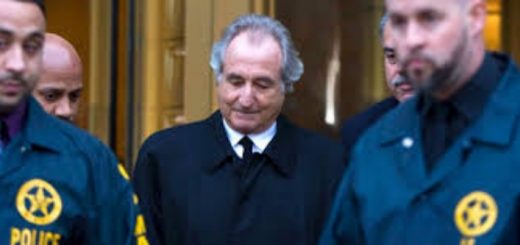Federal Enforcement and the Opioid Epidemic (Part IV of IV)
The scope of our country’s opioid epidemic is devastating. From 1999 to 2017, more than 700,000 people have died from a drug overdose. Two-thirds of these deaths involved an opioid. On average, 195 Americans dies every day from an opioid overdose. These numbers are tragic and mind-boggling. In response, federal enforcement efforts have primarily focused on criminal prosecutions, but there have also been significant civil...























